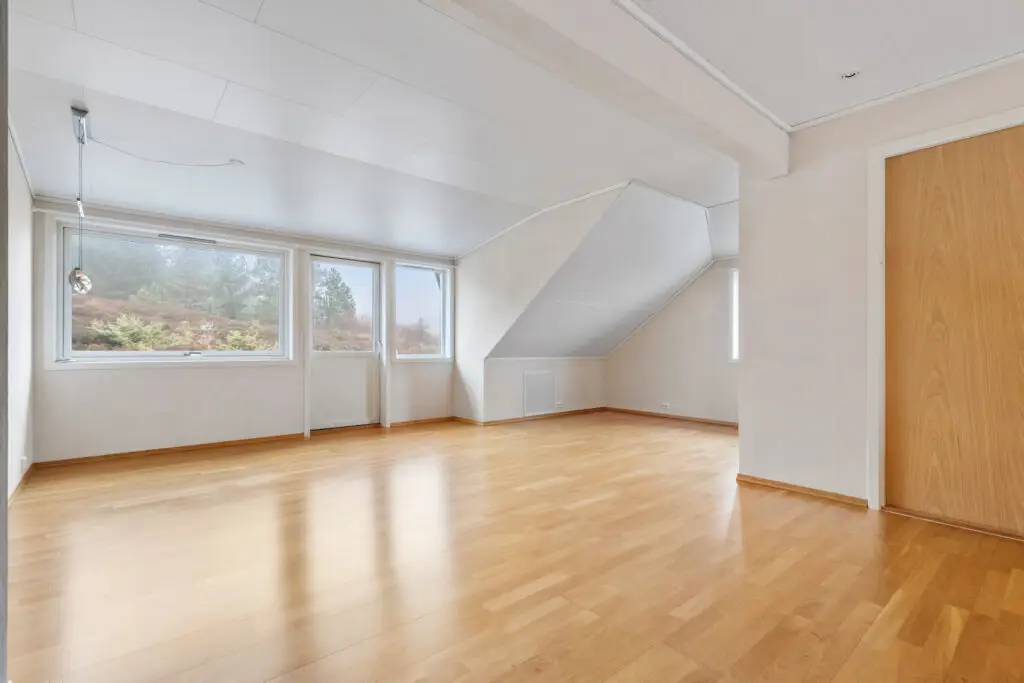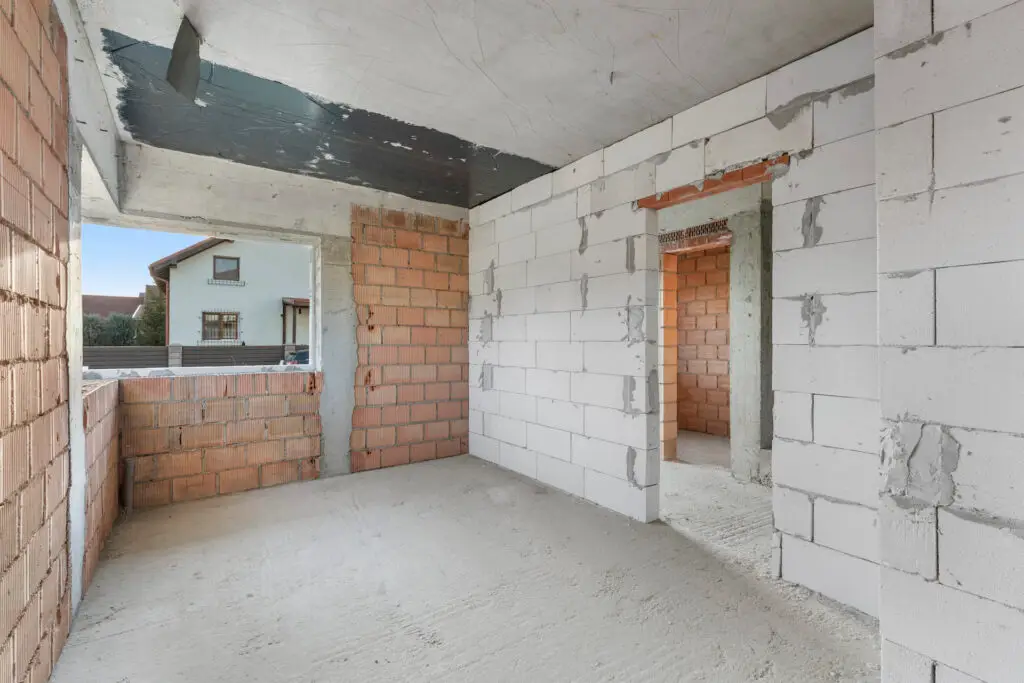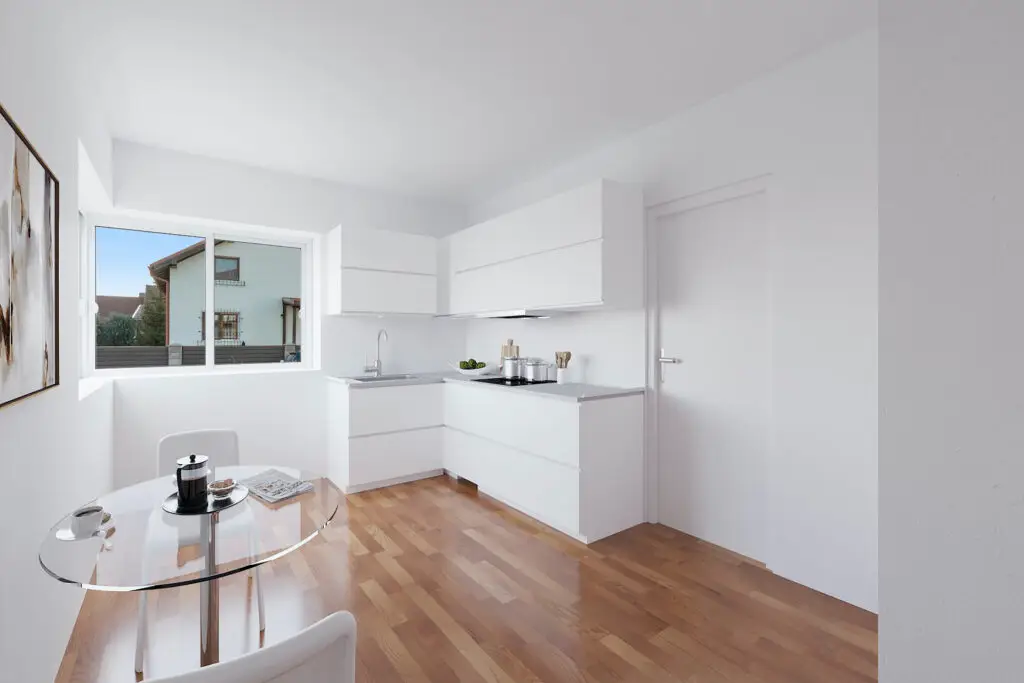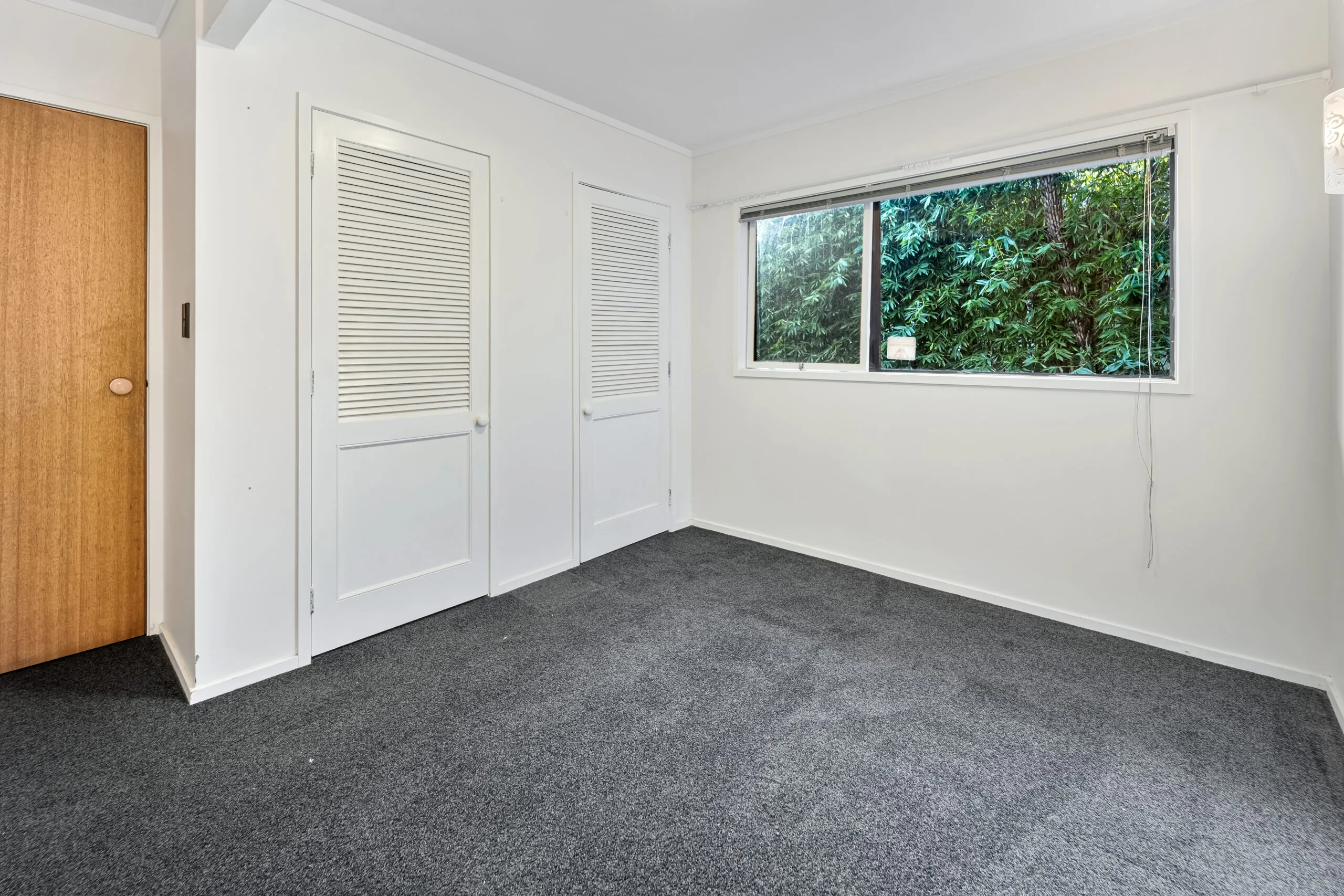
Client Trust in Photo Editing: The Psychology Behind Real Estate Images
Introduction
In the digital-first world of real estate, the foundation of a buyer’s journey is often laid with a single photo. With 99% of homebuyers using online tools during their property search (National Association of Realtors, 2023), first impressions are formed long before a showing is scheduled.
But it’s not just about sharp images or high-definition resolution—it’s about emotional impact, realism, and credibility. A well-edited real estate photo does more than make a room look good; it fosters an emotional connection that builds client trust.
This trust is crucial not only between agent and buyer but also between the buyer and the home itself. Photo editing, when driven by psychological principles and ethical standards, becomes a tool for storytelling—helping buyers picture themselves in a space, feel welcomed, and confidently take the next step.
Why Client Trust Starts With the Visual
Humans are visual creatures. We process images 60,000 times faster than text (3M Corporation), and 90% of the information transmitted to the brain is visual. In real estate, this means listing photos aren’t just helpful—they’re foundational.
The moment a buyer views a listing online, a few psychological questions are triggered:
- Does this home look inviting?
- Can I see myself living here?
- Does this feel real?
Photos that answer these questions positively foster client trust from the start. They set expectations that the rest of the experience—walkthroughs, negotiations, and closings—can build upon.
Even beyond buyers, sellers develop confidence in agents who present their properties professionally. A study by VHT Studios found that homes with high-quality photos receive 47% higher asking price per square foot. It’s clear: strong visuals aren’t just about beauty—they’re about believability.

Virtual Staging by Digihomestudio.com
Editing With Emotion: Building Client Trust Through Visual Cues
Emotionally compelling images evoke feelings of safety, peace, luxury, or joy—all depending on the type of property and the target buyer. When editing is guided by emotional resonance, every image can build client trust more effectively.
Let’s break down some of the most impactful visual cues:
- Warm Lighting: Golden, sun-drenched interiors are more than pretty—they subconsciously suggest comfort and hospitality. Cool lighting, on the other hand, can make a space feel sterile or lifeless.
- Symmetry & Order: Clean lines, balanced compositions, and perspective corrections suggest professionalism and reliability. They help viewers feel oriented and at ease—key emotions for trust.
- Open Space: Wide-angle lenses paired with strategic decluttering help create a sense of expansiveness. This isn’t about deceiving with angles—it’s about showcasing potential. Spaciousness correlates with freedom, something every buyer is seeking.
By understanding these emotional triggers and applying them thoughtfully, editors and agents can ensure that images feel emotionally consistent and psychologically safe—two cornerstones of client trust.

Color Psychology and Its Role in Client Trust
Color is one of the most powerful subconscious tools in marketing—and real estate photography is no exception.
In a 2022 Zillow study, listings with rooms painted in trendy, psychologically resonant colors (like slate blue or soft gray) sold for up to $5,000 more. Why? Because color affects mood, and mood affects buyer behavior.
Here’s how different colors work psychologically to build client trust:
- Blue: Stability, trust, and calm—great for skies, bathrooms, and bedrooms.
- Green: Growth, balance, and harmony—perfect for gardens and living rooms.
- Warm Neutrals: Comfort, safety, and timeless appeal—excellent for walls and furniture.
- White: Cleanliness, clarity, and simplicity—used in kitchens and modern spaces.
- Dark Tones (when used sparingly): Sophistication and depth, best for accents.
Photo editors can enhance these colors subtly—adjusting white balance, saturation, and contrast—not to deceive but to highlight. A slightly warmer tone in a dining room can shift the perception from cold and empty to cozy and lived-in.
When buyers respond positively to these tonal choices, they aren’t consciously thinking “this color makes me trust this space.” But emotionally, that’s exactly what’s happening.
Virtual Staging: Enhancing Buyer Imagination While Maintaining Client Trust
Empty rooms lack scale and warmth. Virtual staging helps fill in the blanks—but it must walk a fine line between imagination and misrepresentation. To preserve client trust, editors must stage with both realism and restraint.
The Benefits of Virtual Staging:
- Visualization: Helps buyers see how spaces can be used.
- Demographic Targeting: Different styles appeal to different buyers—coastal vibes for beach condos, modern minimalism for urban lofts, etc.
- Cost Efficiency: Staging physically can cost thousands, while virtual staging achieves similar results for a fraction.
But with great power comes responsibility. Virtual staging that feels overdone, poorly scaled, or unrealistic erodes client trust fast. A 2023 REX Real Estate survey showed that 38% of buyers felt misled by photos that were overly staged or heavily edited.
To maintain credibility:
- Always disclose virtual staging clearly.
- Use furnishings that match the property’s actual dimensions.
- Avoid fantasy designs that set unrealistic expectations.
When done correctly, virtual staging doesn’t hide flaws—it brings out possibilities, encouraging emotional investment while preserving honesty.

Before: Empty Room

After: Virtual Staging by Digihomestudio.com
Ethical Photo Editing: The Core of Client Trust
Let’s be clear: ethical editing doesn’t mean raw photos. It means realistic enhancement—showing a property in its best light without distorting reality.
Common ethical enhancements:
- Brightening dark interiors
- Removing temporary clutter (trash, cords, signs)
- Replacing gray skies with realistic blue ones
- Correcting lens distortion or camera tilt
Unethical editing includes:
- Removing permanent features (like power poles or cracks)
- Adding elements that don’t exist (views, fireplaces, trees)
- Over-enhancing until colors or lighting appear unnatural
Agents should work closely with editors who value transparency. A trustworthy image leads to trustworthy interactions. When buyers walk into a space that feels just like the photos, client trust is not only maintained—it’s deepened.
Ethical editing also protects agents from legal risks. Misrepresentation, even if unintentional, can result in deals falling through or even lawsuits. Protect your reputation by making honesty part of your visual strategy.


Professional Editors as Partners in Client Trust
Behind every stunning, emotionally resonant image is a skilled editor who understands not just Photoshop—but psychology. Partnering with a professional photo editing team ensures consistency, integrity, and visual excellence.
Why agents rely on professional editors:
- Consistency: Across multiple listings, the visual style remains cohesive—reinforcing your brand.
- Speed: Fast turnaround times keep listings competitive.
- Expertise: Editors trained in real estate know how to balance enhancement with realism.
This partnership allows agents to deliver a polished product that speaks to buyers on a subconscious level. In a 2021 Homesnap survey, listings with professionally edited images received 61% more views than those with unedited photos.
Every view, every click, every saved listing is a chance to build client trust—not just in a property, but in the agent’s professionalism and dedication.

Before: Empty Room

Virtual Renovation by Digihomestudio.com
Suggestions for Virtual Staging & Professional Photo Editing Services
If you are looking for a professional virtual staging service at an affordable price, Digihomestudio.com is a worthy place for you to trust and accompany. You can expect to invest around $29 for a meticulously designed and lifelike final image, suitable for showcasing your home across various digital platforms.
We have a network of world-class virtual stage editors and designers in Vietnam. To ensure the best level of service, the customer service team is located in the US.
Our virtual home staging services include:
- Staging for empty or furnished rooms
- 2D and 3D floor plans
- Change the color of the walls and floors
- Virtual renovation
- Erase furniture and small objects
- And much more!
If you’re prepared to elevate your real estate marketing strategies, reach out to Digihomestudio.com now and experience the benefits of collaborating with one of the top virtual staging firms available today.

Virtual Staging by Digihomestudio.com
The Long-Term Benefits of Building Client Trust Through Photography
Trust doesn’t end with the sale. When clients feel they’ve been guided honestly and professionally through the home-buying process, they remember it—and they share it.
- Happy clients are 4x more likely to refer an agent when they feel the listing was well-represented (Zillow Consumer Housing Trends Report).
- Honest, visually compelling listings result in faster offers and fewer surprises at showings.
- Professional branding—reinforced by consistent, ethical photography—sets you apart in a saturated market.
Client trust is a long game. Every ethical edit, every thoughtful staging decision, every honest image becomes part of your brand’s visual legacy. In an industry built on relationships, that trust is your most valuable asset.
Conclusion
Real estate photography is no longer about just showing the home—it’s about shaping how the home is felt. Through thoughtful, ethical editing that taps into psychology, agents and editors can co-create visuals that evoke trust, connection, and clarity.
In a world flooded with content, buyers gravitate toward listings that feel real. They want light, space, warmth—but most of all, they want to trust what they’re seeing.
By prioritizing psychological cues, color strategies, emotional connection, and truth-telling techniques, agents don’t just create better listings—they build better relationships.
And in real estate, client trust isn’t just the path to a faster sale—it’s the foundation for a long and successful career.




Leave a Reply